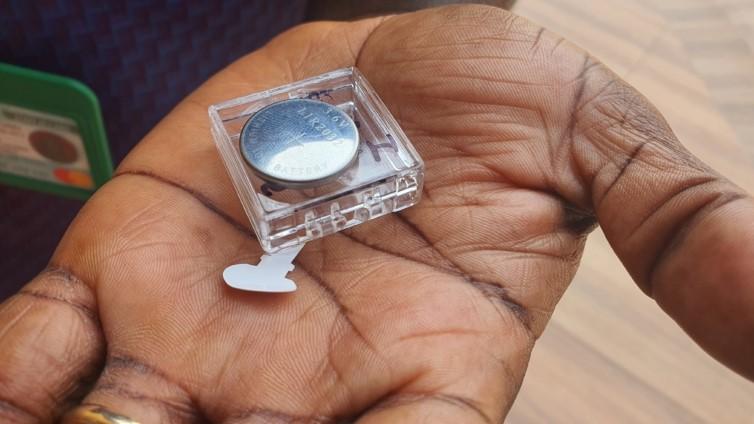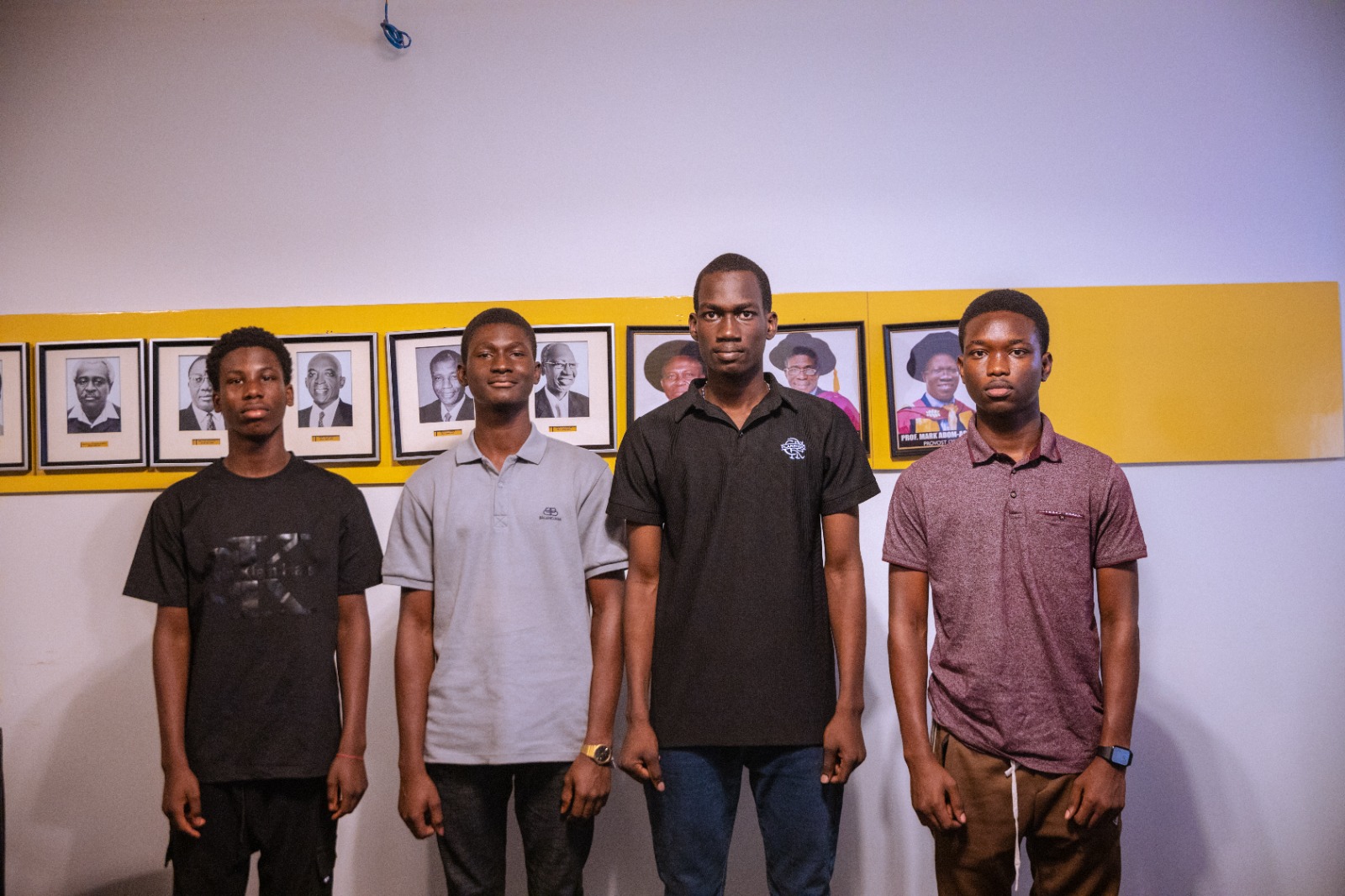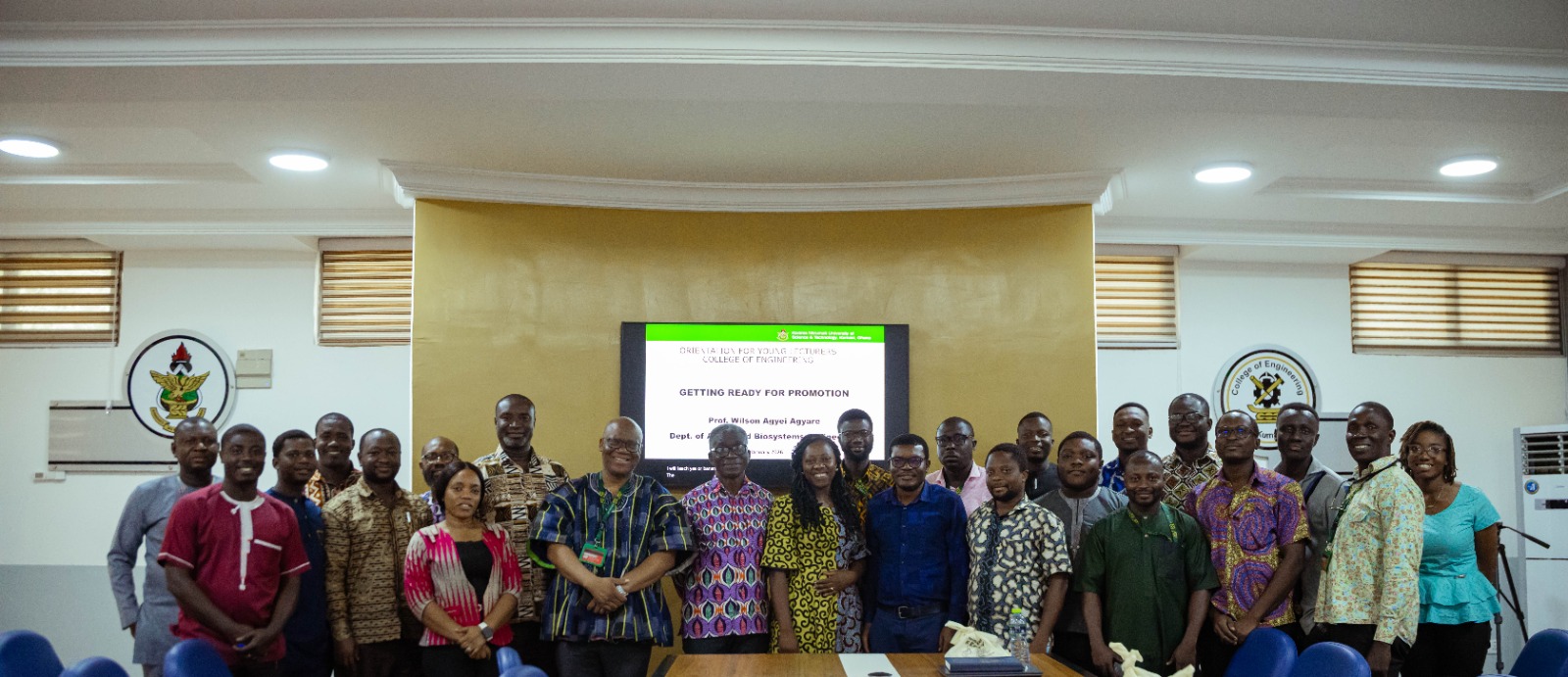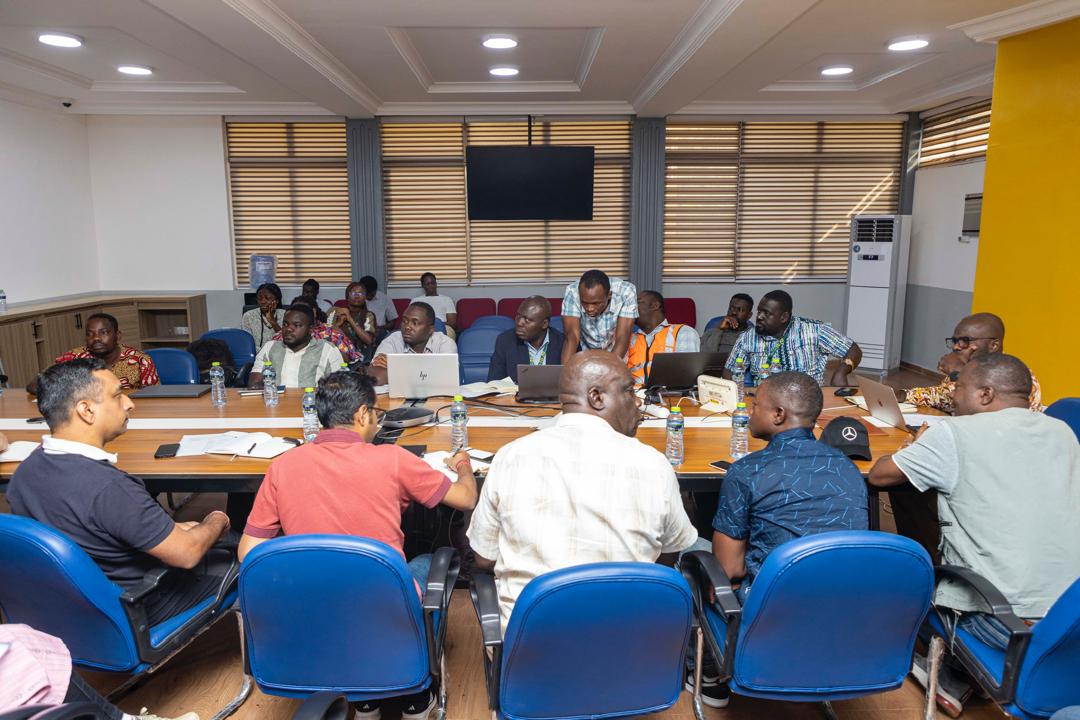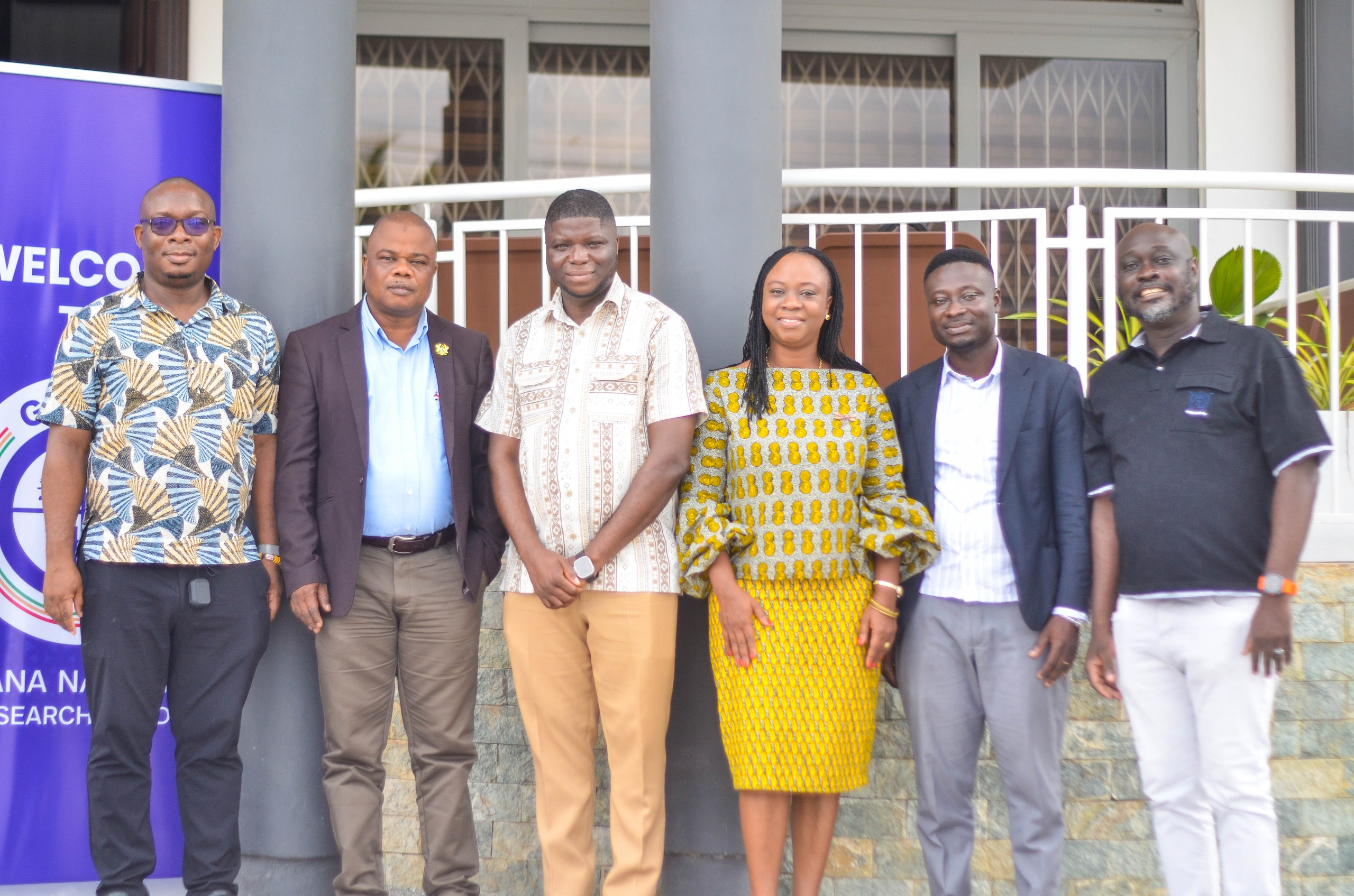A groundbreaking research project led by Dr. Daniel Nframah Ampong, a KNUST Engineering Education Project (KEEP) Scholar, has introduced an innovative and sustainable method to synthesise material for high-performance batteries using taro (Kooko or brobe) peels.
This cost-effective and environmentally friendly process could revolutionise the energy storage industry by harnessing biowaste materials as an alternative source for activated carbon. The research, recently featured in the journal “Energy Storage”, utilised a facile process to produce activated carbon for the storage device.
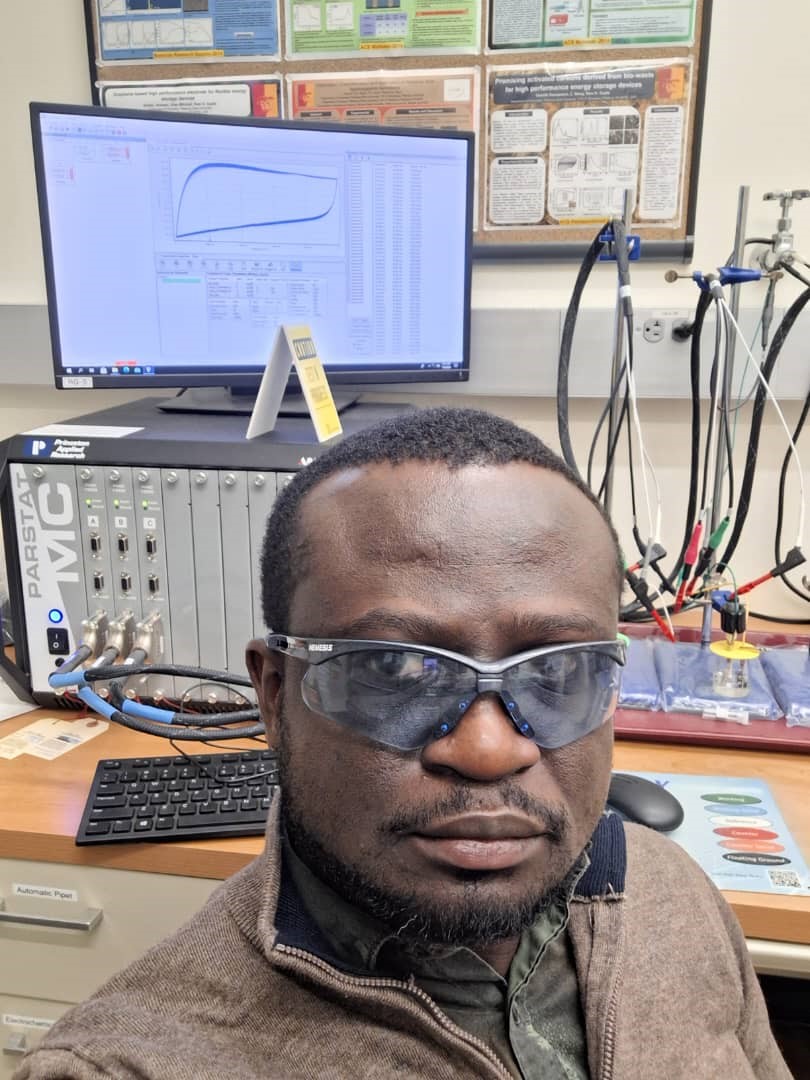
Dr. Ampong, a researcher with the KNUST Center for Engineering Materials Research (KCEMR), explained the approach:
"We used an environmentally friendly method to synthesise activated carbon from taro peels. These waste materials contain functional groups that enhance the performance of energy storage devices. Commercially available activated carbon is often produced through toxic, hazardous, and expensive chemical processes. Instead, we mimicked traditional charcoal production techniques, using crucibles in a controlled laboratory environment, and successfully developed an alternative with comparable performance."

Prof. Kwadwo Mensah-Darkwa, Research Lead of the Energy Materials Research Group and Deputy Project Lead for KEEP highlighted the critical role of KEEP in advancing this research.
"Previously, we had to travel to access advanced testing facilities, but thanks to KEEP’s support, we now have a new materials laboratory at KNUST. This has significantly improved the efficiency of our research, allowing us to conduct tests and refine our materials locally. KEEP has played a pivotal role in ensuring that engineering research at KNUST aligns with global standards."
The research demonstrated exceptional laboratory results, proving that taro peels could be a sustainable and locally available resource for energy storage technology. This aligns with Ghana’s broader goal of increasing renewable energy generation in its energy mix.
Dr. Ampong emphasised the potential impact of the study:
"Our goal is to develop cost-effective and eco-friendly storage systems for renewable energy. By utilising locally available materials, we are creating a sustainable solution for Ghana’s energy sector while adding value to our waste. KEEP’s resources were instrumental in making this vision a reality."
This research represents a significant step toward developing locally manufactured energy storage devices, bringing KNUST closer to its goal of fostering innovative engineering solutions for Ghana and beyond.


